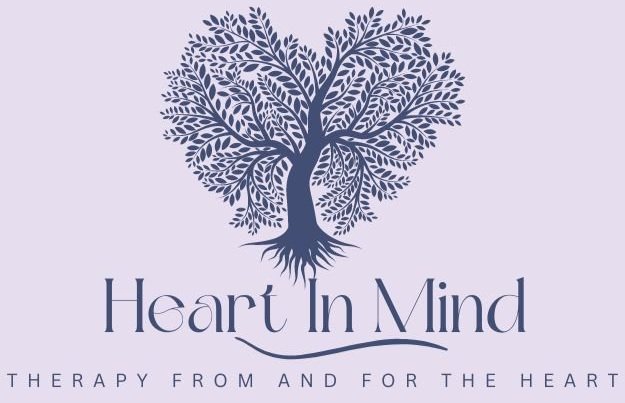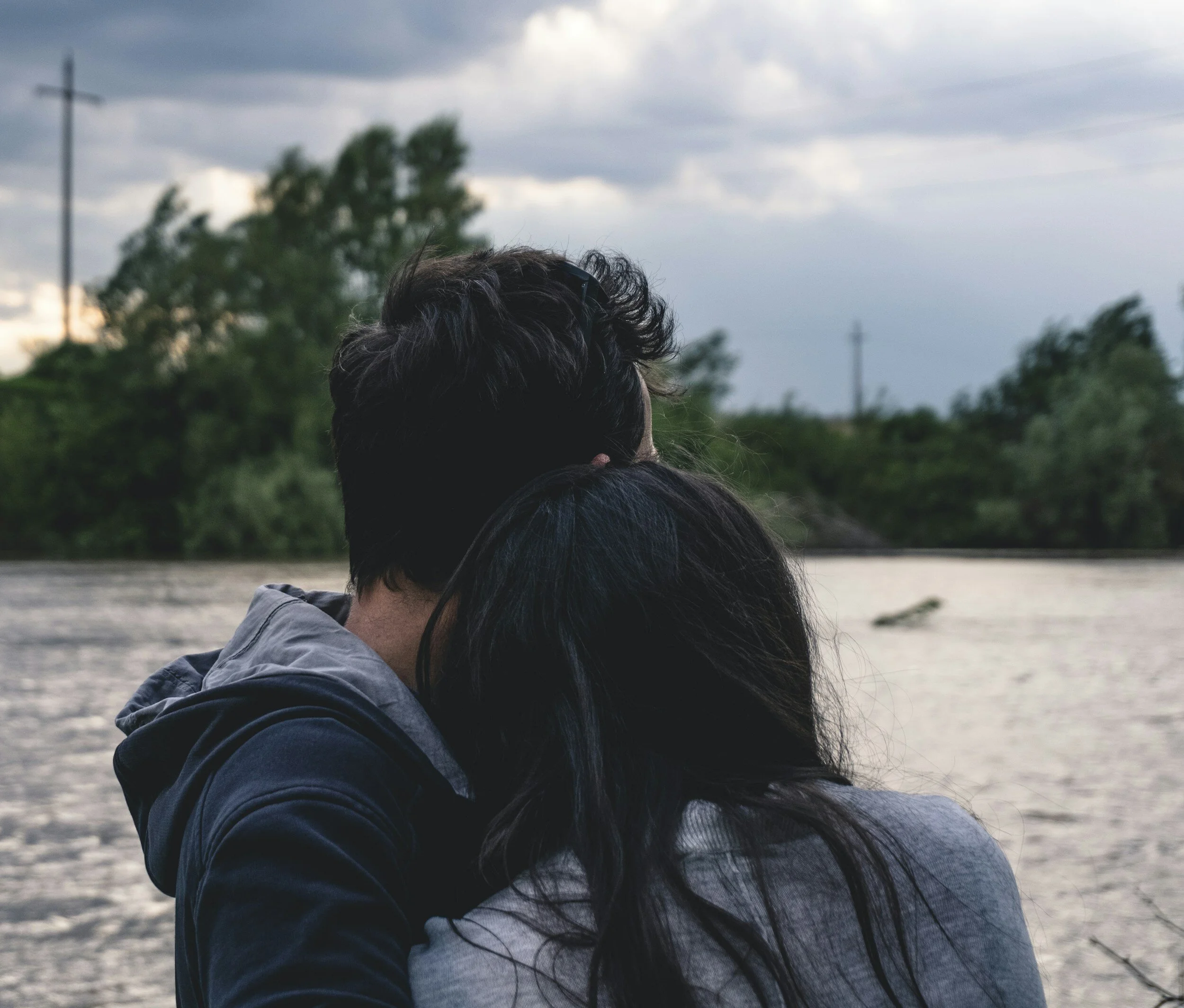What is “relational trauma”?
“Relational trauma” refers to the toll that overwhelming, and devastating experiences, such as abuse, neglect, betrayal, abandonment, etc. within relationships, especially close relationships, can have on us.
Having healthy relationships/social connections are essential for fostering and sustaining optimal mental health. Though this stands true, it’s also important to recognize and tend to the grave and enduring wounds that relationships can sometimes pose upon us.
“Relational trauma” refers to the toll that overwhelming, and devastating experiences, such as abuse, neglect, betrayal, abandonment, etc. within relationships, especially close relationships, can have on us.
In this blog post, I share several examples of experiences that can lead to relational trauma. I also share some signs/symptoms of relational trauma.
Experiences that can lead to relational trauma*
Abuse (including: physical abuse, emotional abuse, financial abuse, etc.)**
Neglect
Abandonment
Betrayal
Bullying
Signs/symptoms of relational trauma***
Hypervigilance (i.e feeling as if you’re extra aware, that your senses are heightened)
Anticipating or expecting danger/the worst to happen
Dwelling on the negative and possibly also, forgetting or minimizing the positive/good of situations/people
Difficulties trusting others
Difficulties forming and maintaining healthy relationships
Poor self-esteem/feeling worthless and guilty
Strong deference to others or the opposite: being hyper-independent
Rigidity in routine and thinking (i.e. thinking in black and white/all or nothing terms)
Substance misuse
Suicidal ideation/plans/attempts
Relational trauma can have detrimental effects on one’s quality of life—in addition to threatening one’s life altogether. Thus, it is imperative that when we or someone we know is experiencing relational trauma, we get support.
In my therapy practice at Heart In Mind, one of my specialties is working with people who are struggling with relational trauma. Using numerous therapy approaches, we’ll work together to both heal the roots of your trauma, rebuild and strengthen internal and external supports that were hurt along the way, and carve out/expand upon new paths that feel most aligned with who you are—who you’ve always been at your core.
*This is not a comprehensive list of all possible experiences that can lead to relational trauma. Nonetheless, please know that whatever experiences you’ve had/are having—whether they are currently being conceptualized as “trauma” or not, if you are actively struggling and/or feel stagnant/uninspired in life, your experiences matter and deserve supports.
**Abuse can occur anytime throughout the lifespan (i.e. abuse experienced as a child and/or abuse experienced as an adult, such as in the case of domestic violence)
***While many people may be affected by relational trauma in the ways shared, this is not true for everyone and also is not a comprehensive list of all the possible effects. Additionally, these symptoms often coincide with one another (i.e. one can lead to another and can co-occur).
I hope this was helpful. Until next time, please be gentle with yourselves,
Gina
Sources:
https://cptsdfoundation.org/2020/11/18/recognizing-c-ptsd-as-a-legitimate-diagnosis/
https://www.psychologytoday.com/us/blog/understanding-ptsd/202206/the-common-effects-complex-relational-trauma
If you’re curious to learn more about my specialties and what it would be like to work with me, please check out the links below:

